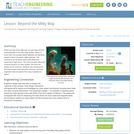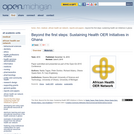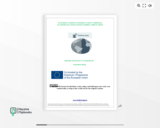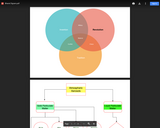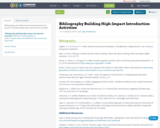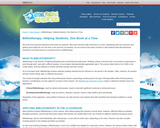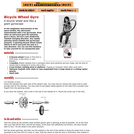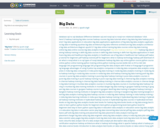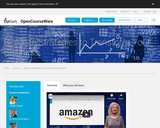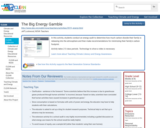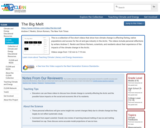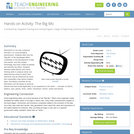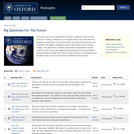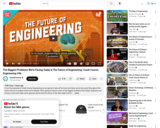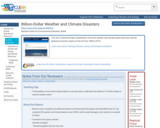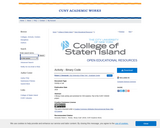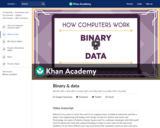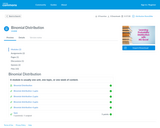
Proceedings of the 2022 Erasmus Staff Training Week at ULiège Library
Short Description:
No library can buy or hold everything its patrons need. At a certain point, librarians need to pool their resources and collaborate to provide access to what they don't have: Collaboration, interlibrary loan, purchase on demand, PDA and EBA are notably key to success.
Long Description:
No library can buy or hold everything its patrons need. At a certain point, librarians need to pool their resources and collaborate to provide access to what they don’t have: Collaboration and partnership, centralized and shared collection storage, digitization projects, interlibrary loan and resource sharing, purchase on demand, PDA and EBA are notably key to success.
The 2022 edition of the Erasmus Mobility Staff Training week organized at the University of Liège Library focused on services, projects and policies that libraries can deploy and promote to increase and ease access to materials that do not belong to their print or electronic holdings.
More than 20 librarians, managers, and researchers in library science share their experiences and visions in this book.
Word Count: 63148
ISBN: 978-2-87019-313-6 (online); 978-2-87019-314-3 (pdf); 978-2-87019-315-0 (epub)
(Note: This resource's metadata has been created automatically by reformatting and/or combining the information that the author initially provided as part of a bulk import process.)
- Subject:
- Applied Science
- Computer Science
- Information Science
- Material Type:
- Textbook
- Provider:
- Université du Liège
- Date Added:
- 04/01/2023
